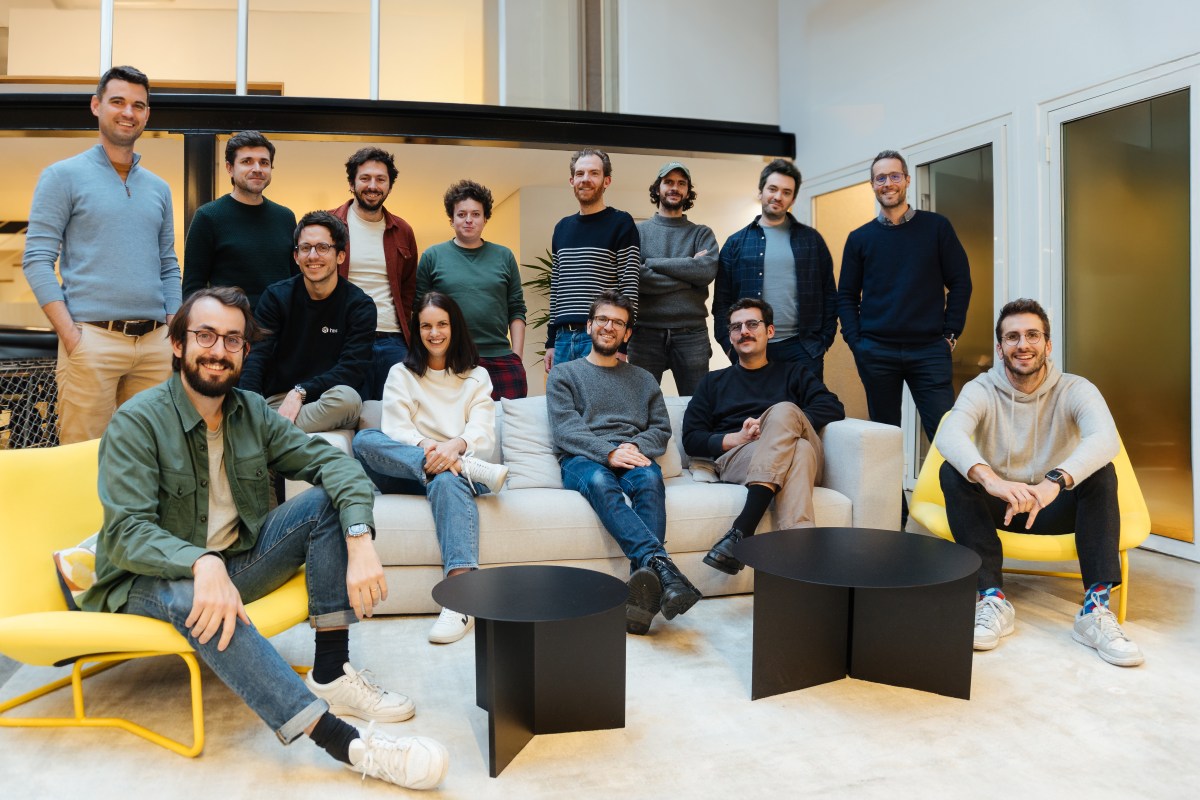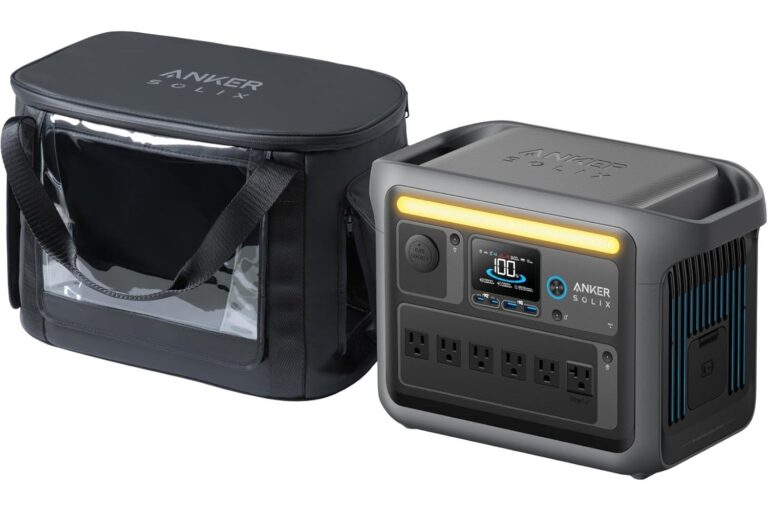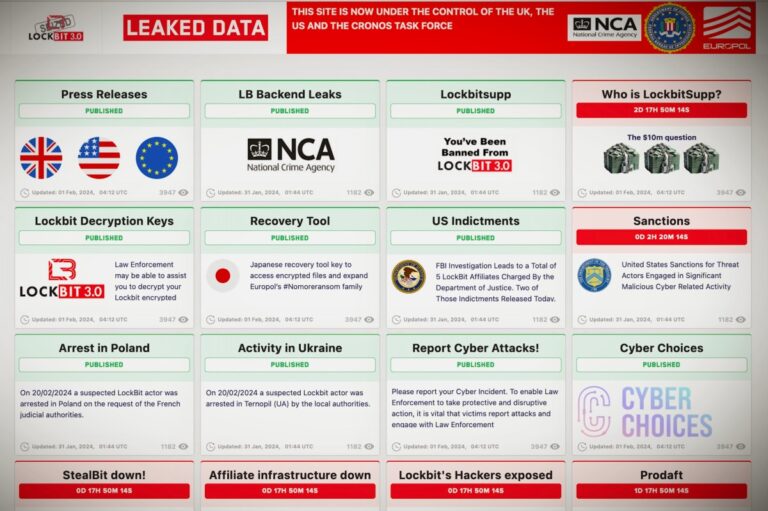Hexa, the startup studio behind Aircall and Swan, unveils its next batch of startups
Hexa, a Paris-based startup studio that has launched dozens of B2B software companies, is sharing a list of its next batch of projects that are soon going to become independent startups.
Hexa originally started its life in 2011 as eFounders, a startup studio focused on B2B software-as-a-service products. Hexa usually comes up with the ideas that will serve as the basis for new companies.
The Hexa team then tries to match the right founding team with its new projects so that they can make them their own. Over the first year or so, Hexa’s internal team helps the founders when it comes to product design, go-to-market strategy, hiring, and fundraising.
When a startup raises its first funding round, it typically becomes a proper independent company. In exchange for the first year of investment and iteration, Hexa keeps a 30% stake in its portfolio companies after this funding round.
While it might seem like a steep fee, Hexa’s track record speaks for itself. Over the years, Hexa has spawned a handful of unicorns, such as Front, Aircall, and Spendesk, as well as some promising tech startups that could soon become unicorns, such as Swan and YouSign.
And these companies are generating significant revenue too. According to Thibaud Elzière, Hexa’s co-founder and CEO, over the next two years, at least five of the startups launched before 2021 will generate between €100 million and €300 million in annual revenue.
Of course, some companies never really took off, but that’s how startups work. Overall, Hexa has launched 44 companies. The startup studio itself raised a $22 million funding round in 2023.
While Hexa wanted to morph into a house of startup accelerators with each accelerator focusing on one vertical in particular, Hexa has sort of pulled back from this strategy.
The company is still slowly adding new verticals with new projects around healthcare, artificial intelligence, and open source software. But you’ll no longer find pages about 3founders for web3 startups or Logic Founders for fintech products on Hexa’s website. Everything is a Hexa project now.
Annette
Annette isn’t a B2B software company. The company is focused on helping you lose weight if your body mass index is above 30, or if you’ve been diagnosed with Type 2 diabetes.
Annette’s service is designed to complement GLP-1 medication, such as Wegovy or Mounjaro, with an app that lets you track your progress as well as talk with dieticians and medical experts. The idea is to maximize long-term results with a tech-augmented program.
Basalt
Basalt is a very 2024 startup. While everybody on LinkedIn says that prompt engineers are the next big job, Basalt is the tool that is going to be used day in, day out by people writing prompts for large language models.
After writing your first prompts, you can test them with multiple models, see the results, and improve your prompts using AI. Given that AI is fuzzy tech, a prompt that used to work could stop working with a model update. So that could lead to recurring usage. Basalt competes with WorkflowAI.
DermaScan
DermaScan is another example of Hexa branching out and venturing into new industries. The startup’s name is very self-explanatory, as DermaScan will help you scan your skin regularly for potential skin cancer.
This isn’t just a software play; DermaScan plans to open care centers focused on skin screenings with some proprietary technology. Given that it’s harder to get an appointment with a dermatologist than a magician, France seems like a good market for this startup.
FieldX (codename)
Smartphones have changed everything for field sales representatives. They can check their schedule, access product databases, and process orders on the go.
This new startup, currently called FieldX, aims to help reps spend less time on admin tasks using a voice interface. Instead of swiping between different apps, they could use this voice-first assistant as a copilot.
LegalX (codename)
LegalX, another startup that doesn’t have a definitive name just yet, is entering the crowded market of companies building an AI product for law firms. The biggest law firms usually rely on a small army of interns to sift through thousands of pages, annotate documents, and prepare drafts.
Large language models are a good way to extract information from big blocks of text (even though they hallucinate from time to time). So it makes sense to build a product around artificial intelligence applied to these lengthy legal documents.
OpenCertiX (codename)
If you’ve told your company that you want to buy a subscription to a product because it’ll improve your team’s work, chances are the purchasing department immediately asked about SOC 2 certification. It usually means that the product is secure and handles data properly.
OpenCertiX is going to be an open source alternative to SOC 2 compliance platforms, such as Vanta or Drata. As an open source product, OpenCertiX plans to offer more certifications beyond SOC 2.
Reki
Reki is a startup offering a product to other startups — and beyond. When you create a startup in France, you can unlock some non-dilutive financing to help you get started — think “Crédit d’Impôts Recherche” or “Bourse French Tech.” But for some industry-specific grants, it can be hard to know if your company fits the criteria.
Moreover, putting together an application can be a time-consuming process without any guarantee that it’s going to work. Reki helps you gather documents, create an application, and send it so that it only takes you hours, not days. And, of course, the company is using AI to generate the application automatically.
SleepX (codename)
SleepX is going to offer a sleep-related personalized healthcare program. Specifically designed for women struggling with insomnia, SleepX will combine Cognitive Behavioral Therapy for Insomnia (CBT-I) with data on hormonal, biological, and psychological factors.
Details are thin on what the product is going to look like. But given that ads for sleeping pills are everywhere, the market opportunity is significant.
StandardX (codename)
StandardX is an AI startup focused on customer support via phone. Many companies now let you state your issue so that you don’t have to press 1, then 3, then 4 to reach the right customer support department. But these voice recognition products don’t really change the overall experience for people on the line.
StandardX will likely use all the buzzy AI technologies to overhaul these conversations — think speech-to-text, LLM, and text-to-speech — combined with ERP data. But we’ll have to wait to learn more about the product.
Tandem
Tandem is another customer support startup. But this time, it’s all about helping users set up their account and data when trying out a new tool. Onboarding remains a key topic among software-as-a-startup founders.
That’s why Tandem plans to use AI to facilitate onboarding with personalized tips. As a benefit, the support team will receive less support tickets. It has the potential to become Clippy, but actually useful.







